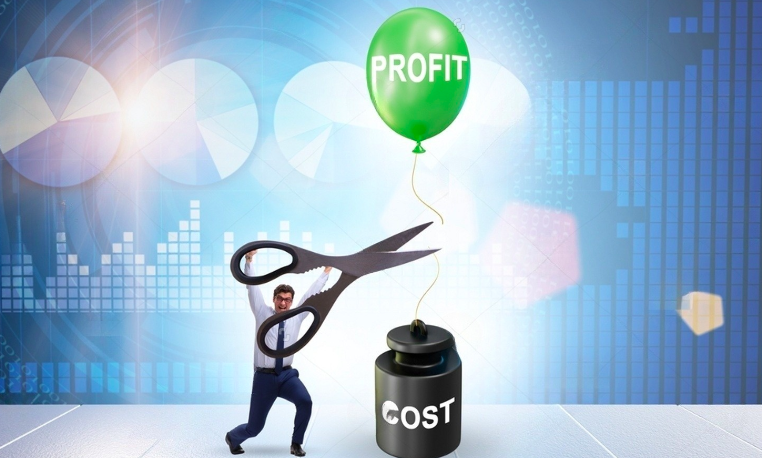In the entrepreneurial world, financial decisions can make or break the trajectory of a startup. Among the critical considerations that founders must grapple with is the allocation of resources between capital expenditures (CapEx) and operational expenditures (OpEx). Understanding the distinction between these two forms of spending is not only fundamental to effective financial management but can significantly impact the growth and sustainability of a startup.
CapEx and OpEx Defined
Capital Expenditures (CapEx)
CapEx refers to the funds a company invests in acquiring, upgrading, or maintaining physical assets that have a long-term life and contribute to the generation of revenue over an extended period. Examples include purchasing property, equipment, or technology infrastructure. Capital expenditures are typically substantial, one-time investments that hold value for the company over the long term.
Operational Expenditures (OpEx)
On the other hand, OpEx encompasses day-to-day expenses necessary for running a business. This includes costs like rent, utilities, employee salaries, marketing, and other recurring expenses essential to maintaining daily operations. OpEx is generally incurred regularly and is crucial for the ongoing functioning of the business.

Implications for Startups
Cash Flow Considerations
For startups operating in an environment where cash flow is often a scarce resource, the decision between CapEx and OpEx becomes particularly critical. Opting for heavy CapEx investments can tie up funds for an extended period before the benefits are realized, potentially straining the startup’s short-term liquidity. Conversely, a higher emphasis on OpEx allows for more flexibility, as these costs are incurred as needed, providing better cash flow management.
Flexibility and Scalability
Startups are characterized by their dynamic nature, and the ability to adapt quickly is a key determinant of success. OpEx-oriented models offer greater flexibility, allowing startups to scale operations up or down more rapidly in response to market changes. This agility can be a strategic advantage, especially in industries where the landscape evolves swiftly.
Risk Mitigation
The risk associated with large, upfront CapEx investments can be a considerable challenge for startups. If the anticipated return on investment takes longer than expected or market conditions shift, the startup may find itself burdened with underutilized assets. Emphasizing OpEx helps mitigate this risk by aligning costs more closely with immediate revenue generation.
Tricking the Right Balance
While the choice between CapEx and OpEx is not binary, startups must find the right balance that aligns with their business model, growth strategy, and industry dynamics. Here are some considerations:
- Long-Term Vision: Assess whether the nature of your business requires significant upfront investments in assets with long-term benefits.
- Scalability: Evaluate how quickly your business needs to adapt to changes in demand or market conditions. OpEx-heavy models can provide the agility needed for rapid scaling.
- Cash Flow Management: Consider the immediate cash flow requirements of your startup. OpEx-oriented approaches can be more suitable for startups with tight cash flow constraints.
- Risk Tolerance: Evaluate the risk tolerance of your startup. OpEx-heavy models can be less risky in the short term, while CapEx investments may offer higher returns over a more extended period.

Conclusion
In the intricate dance of financial decision-making for startups, the choice between CapEx and OpEx holds profound implications. Striking the right balance requires a thorough understanding of the business, its growth trajectory, and the financial landscape. While there is no one-size-fits-all answer, startups that navigate this decision thoughtfully and strategically position themselves for a more robust and sustainable future. As the entrepreneurial journey unfolds, the judicious allocation of resources between CapEx and OpEx becomes a key driver of success in a competitive business landscape.
At Encircle Business Solutions we understand the importance of making informed and strategic financial decisions. Our mission is to provide the support necessary for your company to successfully navigate this complex financial landscape.
As your financial management partner, we are here to help you chart a course that best suits your company and your goals.
Don’t hesitate to contact us to see how we can work together to take your business to the next level.